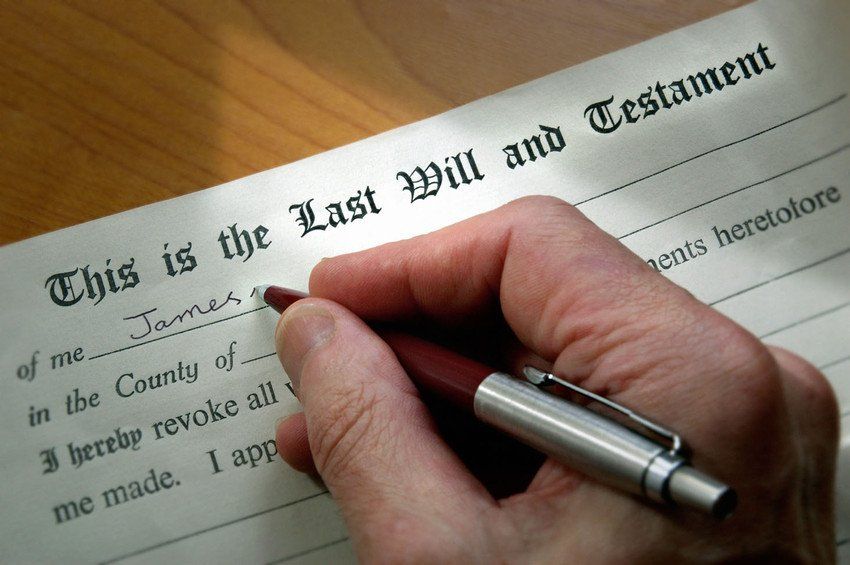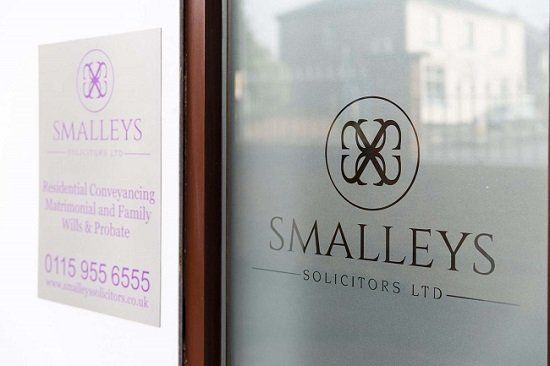Everything you Need to Know About Probate
- By Smalleys Solicitors
- •
- 14 Mar, 2019
- •

The death of a loved one is never easy, and the stress of organising a funeral and sorting out their affairs can often make an already difficult time even harder. Probate is a word you might hear used a lot following a death, but what exactly is it? Probate is a legal process that can take a lot of work, and in most cases it’s extremely beneficial to have some legal advice and support to guide you through. Here we will discuss what probate is, the legal process and how professional solicitors can help.
In England and Wales, probate refers to the legal and financial processes for dealing with the money, property and assets of someone who’s died. The executor of the estate or next of kin is usually named in the deceased’s will, but they will sometimes have to apply for probate before they can claim, transfer, sell or divide any of the assets. Once a Grant of Probate has been given, the executor or next of kin can begin the process of dealing with the deceased’s assets in accordance with their will.
In cases where the deceased has died without making a will, the law will decide how to divide up their estate.
The entire probate process can be complicated, especially if the deceased had a lot of property or wealth, and there are many legal, financial and tax considerations. To make things easier, probate can be broken down into five different phases, which we will outline below.
Phase 1: The first stage is actually identifying all the assets; from property to stocks, shares and possessions, plus any outstanding debts or bills, in order to determine the final value of the estate. The executor will also need identification documents to prove they are entitled to probate in accordance with the will.
Phase 2: Any Inheritance Tax owed must be paid, and a tax return submitted if so. The executor must also apply for a Grant of Representation from the Probate Registry; this will give them the legal authority to begin dividing the estate.
Phase 3: Once the Grant has been issued, they can start the process of selling any assets, settling debts, paying administrative expenses, and any extra Inheritance Tax or Capital Gains Tax that is due.
Phase 4: Documents must then be prepared showing all ingoing and outgoing payments from the estate, plus the final balance left to be split amongst any beneficiaries listed in the will.
Phase 5: As long as there are no challenges to the will or further complications, the remaining assets and monetary balance can be transferred in accordance with the deceased’s will.
As you can see, the probate process can be rather complicated, so if you need some expert help and advice, get in touch with Smalley Solicitors. Based in Nottingham, our team of professional solicitors can guide you through every step of the process and help you settle affairs as quickly and smoothly as possible. To get in touch with our team, give us a call on 0115 955 6555 or visit our website.












